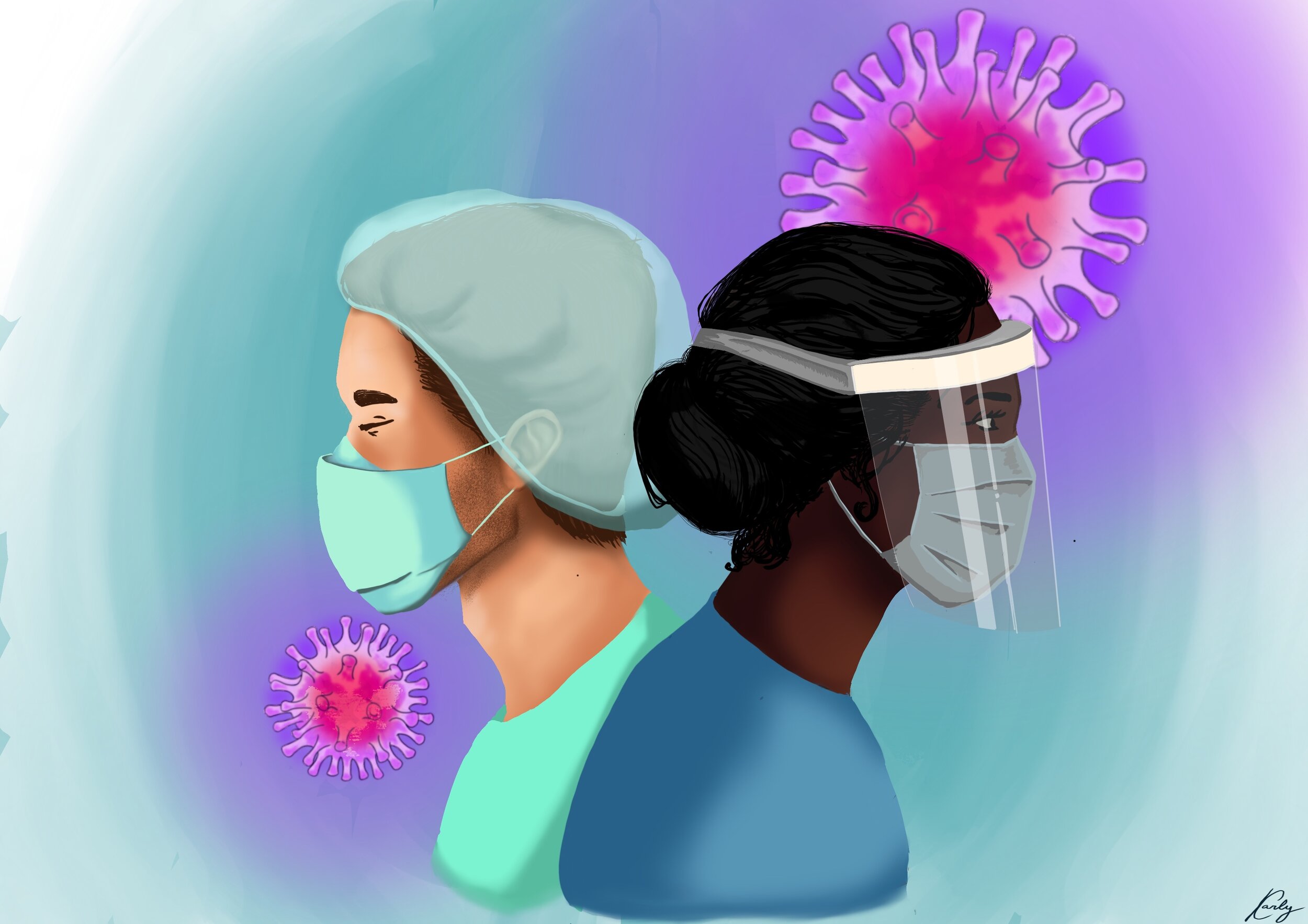
Attention-deficit/hyperactivity disorder (ADHD) is biomedically defined as a childhood-onset neurodevelopmental disorder that can impact functioning in a variety of ways, including, but not limited to, executive functioning impairments, inattention, and inappropriate levels of impulsivity [1]. In a culture of increasing medicalization, amorphously-defined psychiatric conditions increasingly become the object of interest of medical anthropologists, whose scope of study includes the differential definitions and considerations of diseases across cultures and time.
Over the last few decades, thousands of individuals from all over the world have chosen to call Canada “home,” envisioning it as a nation of opportunity, prosperity, and a new life. In 2022 alone, Canada welcomed 437,180 immigrants, a prominent record in the nation’s history [1]. However, while immigration rates are rapidly increasing, emigration rates appear to be rising simultaneously. A recent report titled “The Leaky Bucket: A Study of Immigrant Retention Trends in Canada” by the Institute for Canadian Citizenship (ICC) for the Conference Board of Canada found that onward migration – defined as immigrants leaving their destination country for another – surpassed historical averages in 2017 and 2019 [2].
Recent statistics show that cancer accounts for nearly 10 million deaths annually around the world, making it responsible for approximately 1 in every 6 deaths [1]. Among the millions of cases seen globally each year, approximately 400,000 of them are in children [1, 2]. This burden has driven researchers and health care professionals all over the world to dedicate their time, energy, and money to the development of treatments and therapeutic strategies, in an effort to combat cancer. While treatment is undeniably important, it is also very important to consider that between 30% and 50% of cancers are preventable [1]. Despite prevention offering the most cost-effective and long-term strategy for the control of cancer, it is an underserved area of both knowledge translation and research.
Juxta Talks
Dynamic discussions on global health through interviews, conferences, forums and more.
Noelia Calvo (she/her), Ph.D. fellow and researcher in the Psychology Department, York University. Her current research area is memory and the relationship between bilingualism, brain plasticity, cognitive research with the brain and neurological memory disorders such as Alzheimer’s, and dementia that impact huge damage to the brain as neurologically.
An interview with Eric Armstrong, a 4th year PhD student in Dr. Rupert Kaul’s lab at the University of Toronto’s Institute of Medical Science.
An interview with Dr. Erica Di Ruggiero, Director of the Centre for Global Health and Director of the Collaborative Specialization in Global Health at the University of Toronto's Dalla Lana School of Public Health.
Despite having nearly 77% fully vaccinated population and 83% of people over the age of 5 with at least one dose, Canada surpassed 40,000 new COVID-19 infections in a single day as of December 31 2021 [1,2]. The continuation of a streak of rapid infection growth is taking place amid tighter public health restrictions by the federal government and provinces/territories..
The years of 2020 and 2021 were marked by closed borders and cancelled summer travel. Amongst the many trips that were cancelled were volunteer holidays, a common activity for eager post-secondary students applying to competitive graduate programs, especially pre-medical students. Voluntourism, the act of volunteering abroad whilst on vacation, had a growing market before the pandemic at an estimated global value of CAD $2.6 billion a year [1]…
The beginning of 2020 carried great expectations for nurses and midwives across the globe. In May 2019, the World Health Organization (WHO) nominated the year 2020 as the Year of the Nurse and the Midwife (YONM)…

JuxtaPod
With a special focus on topics that particularly impact the vulnerable and marginalized globally, JuxtaPod provides a multidisciplinary forum for promoting discussion and encouraging action in global health. The first series of episodes will focus on the socio-cultural, political, economic, and legal implications of the COVID-19 pandemic across Ontario.
In this Juxtapod episode, Ryan Choi discusses recent advances in cardiovascular research with Hamzah Khan! Hamzah is currently a PhD candidate with the Institute of Medical Science (IMS) at the University of Toronto, and Co-President of the IMS Students' Association, conducting his research in the vascular surgery department at St. Michael's Hospital. His research focuses on the discovery of plasma biomarkers that, with machine learning models, can help with the diagnosis and/or prognosis of vascular diseases
Welcome back to our second Juxtapod of 2025! In today’s episode, Ryan Choi discusses the importance of health psychology with Dr. Taryn Grieder. Dr. Taryn Grieder is a research associate and lecturer at the University of Toronto. Her research interests lie at the intersection between the neurobiology of addiction, abnormal psychology, and healthcare.
JuxtaPod is back in 2026! In this episode, James Korini talks with Dr. Amy Ramsey, an Associate Professor in the Department of Pharmacology and Toxicology, at the University of Toronto. As a researcher, Dr. Ramsey studies NMDA receptors (NMDAR) and their role in regulating the formation and maintenance of synaptic connections. In particular, Dr. Ramsey’s laboratory examines the role of NMDAR in Schizophrenia and GRIN disorder. James discusses Dr. Ramsey’s interest in NMDAR research, as well as the implications of nootropic drugs and recreational cannabis use among student populations.
Subscribe to our newsletter.
Sign up with your email address to receive news and updates from Juxtaposition.












